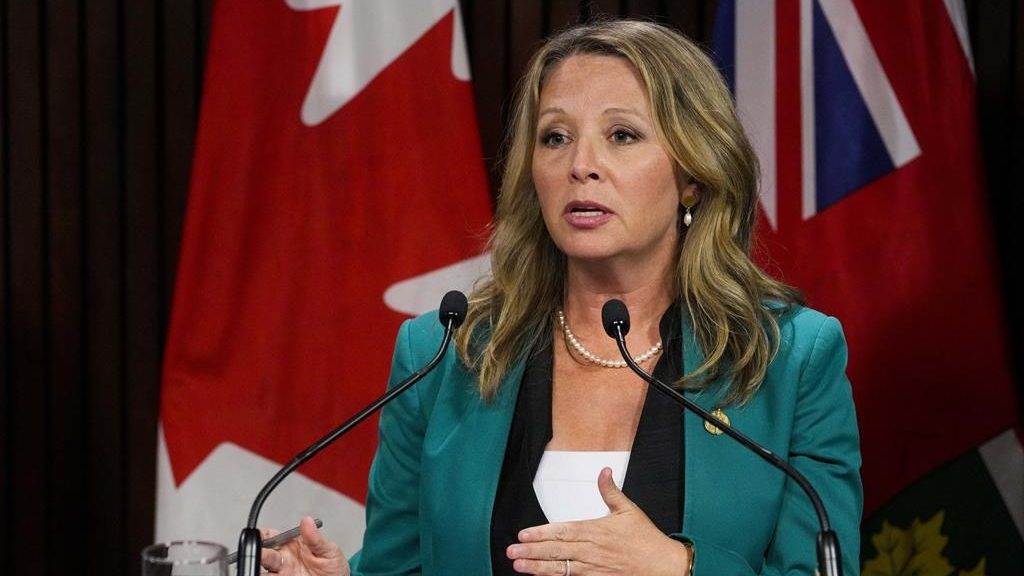Dutch prime minister and Cabinet resign after collapse of talks to lower budget
Posted Apr 23, 2012 12:03:25 PM.
This article is more than 5 years old.
THE HAGUE, Netherlands – The Dutch government, one of the most vocal critics of European countries failing to rein in their budgets, quit Monday after failing to agree on a plan to bring its own deficit in line with EU rules.
Prime Minister Mark Rutte tendered the resignation of his entire Cabinet to Queen Beatrix, effective immediately, after Rutte informed her talks on a new austerity package collapsed over the weekend.
Rutte is to debate with parliament Tuesday on whether and how his caretaker government can still improve the budget, and when to schedule new elections. No date was immediately announced, but opposition lawmakers called for a vote in late June.
Opposition Labor Party leader Diederik Samsom accused Rutte of “dropping the ball at the worst possible moment” for the Dutch economy and demanded elections as soon as possible.
The Dutch government collapse came a day after the first round election victory of France’s socialist candidate Francois Hollande, who has said he wants to focus less on austerity and more on economic growth.
The two developments call into question whether budget-cutting policies that are causing trauma in countries such as Greece, Spain and Portugal can be enforced even in “core” European countries such as France — or in the Netherlands, one of the few along with Germany to maintain an AAA credit rating.
Rutte’s hopes to clinch a deal to lower the deficit to within the EU’s 3 per cent target evaporated Saturday when his most important political ally, populist euroskeptic Geert Wilders, cut off talks, saying a slavish adherence to European rules was foolish and would harm the Dutch economy.
It doesn’t make sense “to suffer for the sake of the dictators in Brussels,” Wilders said.
Many agree the target is too aggressive, including the government’s own economic think-tank the Central Plan Bureau. Others, such as Dutch Central Bank President Klaas Knot, say meeting it is vital to keep the country’s financial reputation intact.
European Commissioner Neelie Kroes called Wilders a hypocrite, since the Netherlands itself, along with Germany, had been one of the loudest in demanding Brussels adopt the 3 per cent deficit limit in the first place.
“Pointing to Brussels now is dumb, it’s untrue, it’s distracting, and it doesn’t solve anything,” said Kroes, who is a member of Rutte’s free-market VVD party.
A spokesman for the German finance ministry said that despite the seemingly negative developments, approval for European austerity is actually “increasing.”
“We should not now simply let ourselves be thrown off track by daily developments,” Martin Kotthaus told reporters in Berlin.
He said Europe’s recent reforms had been well-received at a weekend meeting of the International Monetary Fund.
“We certainly have a great many very difficult reforms, measures and times in front of us, but the road seems to be the right one,” he said.
Netherlands Finance Minister Jan Kees de Jager said he will still submit an outline budget to Brussels by April 30, as mandated by European rules.
He said he was optimistic about working with opposition parties in Parliament on cost-cutting.
“We’ll show the financial markets, in consultation with Parliament, that the Netherlands’ decades-long budgetary discipline will remain,” he told reporters.
Opposition lawmakers say they are prepared to co-operate with Rutte on drawing up a 2013 budget.
However, Labor leader Samsom said EU norms are not sacred.
“As far as we are concerned, you don’t have to reach 3 per cent by 2013,” he said.
Although the Netherlands has relatively low levels of national debt, its economy is in recession and it is expected to post a deficit of 4.6 per cent in 2012.
The package Rutte had been negotiating with Wilders would have slashed foreign aid and hastened a planned increase in the retirement age to 66 from 65.
Wilders, who is publishing a book in the U.S. next week about his struggle against Islam, pulled support for the austerity plan abruptly on Saturday, saying it was too hard on the elderly.
Yields on Dutch bonds were up 0.11 of a per cent higher than they were before the weekend. Netherlands government bonds are now trading around 2.35 per cent for 10-year debt, about 0.6 percentage points more than Germany.
Ratings agency Fitch last week warned the Netherlands must cut its deficit to keep its AAA credit rating.
____
Sterling reported from Amsterdam.










